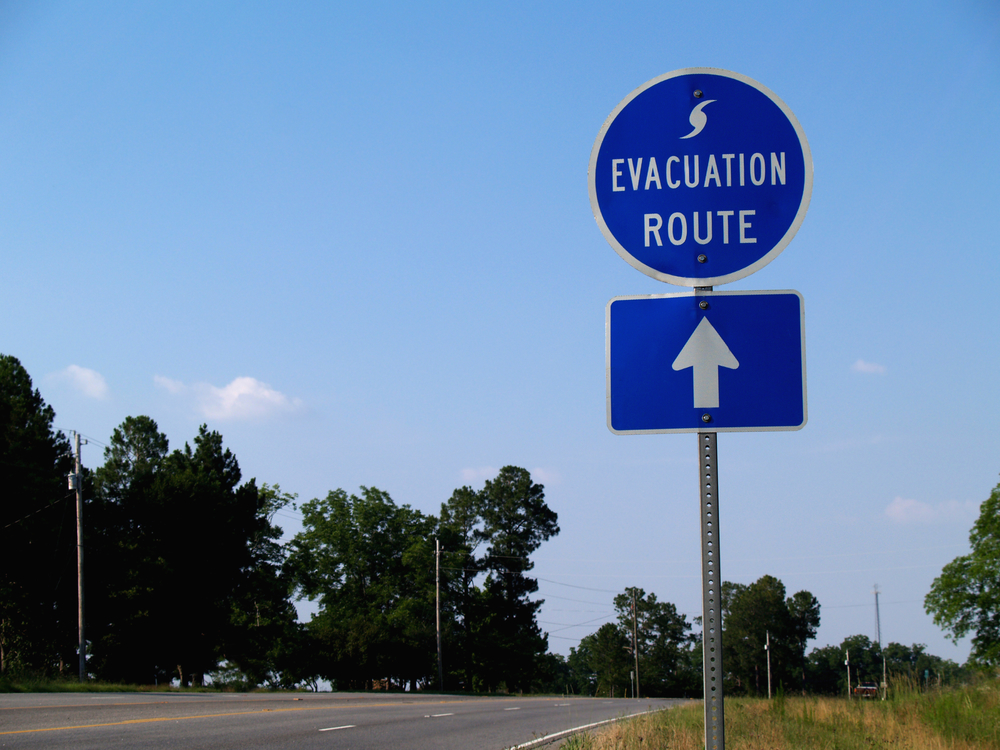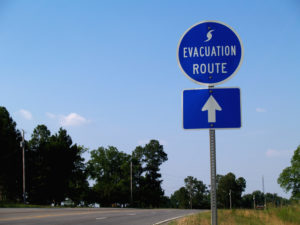

Destruction from snow storms, hurricanes and other weather-related emergencies can down power lines and disrupt normal business operations for days at a time. When this happens and you are forced to close your business, do you need to pay your employees? What if your business is open but some employees do not report to work because of the weather?
Generally, whether or not the employee must be paid depends on his or her status as exempt or non-exempt under the Fair Labor Standards Act (FLSA). The following are best practice guidelines for paying employees for weather-related absences:
Non-Exempt Employees:
The FLSA requires that all non-exempt (also known as “hourly”) employees be paid at least the minimum wage for all hours worked. If non-exempt employees miss work because of inclement weather (either because the company is closed or because they are unable to make it into work), there is generally no requirement to pay them, regardless of the duration of the absence. However, some employers choose to voluntarily pay non-exempt employees if the business is closed due to inclement weather.
Other options, dependent upon applicable state law, include allowing non-exempt employees to:
It’s important to remember that non-exempt employees must be paid for all the time they actually worked plus any time they report to work and are required to stay until a decision about closing is made.
Note: There is no requirement at the federal level for employers to pay non-exempt employees a minimum number of hours if they report to work but there is no work available due to weather or related circumstances. However, some states do have such a requirement (commonly known as “report-in pay”), although exceptions typically apply when operations are halted due to public utility failures. Check your state law to ensure compliance.
Exempt Employees:
Background:
The FLSA provides certain exemptions from its minimum wage and overtime requirements for employees working in a bona fide executive, administrative, or professional capacity. These employees are known as exempt employees. Note: very specific salary and duties tests must be met for an employee to be considered exempt.
Exempt employees must receive their full salary in any workweek in which they perform any work (regardless of the number of hours worked), provided the employee is “ready, willing, and able to work.” Deductions are permitted only in very limited circumstances, such as when an employee is absent for one or more full days for personal reasons other than sickness or disability.
Company Closes Operations:
If the company closes because of inclement weather for less than a full workweek, the employer must pay an exempt employee his or her full salary, as long as the employee worked any part of the workweek.

Tip: You can require exempt employees to use accrued paid leave for the time in which they did not work. However, if an exempt employee does not have accrued time available, he or she is still entitled to their full salary for the week.
Company Remains Open:
If the company remains open during inclement weather and exempt employees fail to report to work, the FLSA permits employers to make salary deductions for weather-related absences of one or more full days, because it is considered an absence for personal reasons other than sickness or disability (this is one of the few circumstances in which deductions can be made from an exempt employee’s pay).
Note: Deductions for partial-day absences are prohibited. Thus, if an exempt employee reports to work for an hour and then chooses to go home because of the weather, you must still pay the employee his or her full salary for that workweek.
The takeaway: Part of being prepared for an emergency is establishing how pay and related issues will be handled. Your practices should be described in a written emergency closure policy in accordance with the FLSA and any applicable state law.